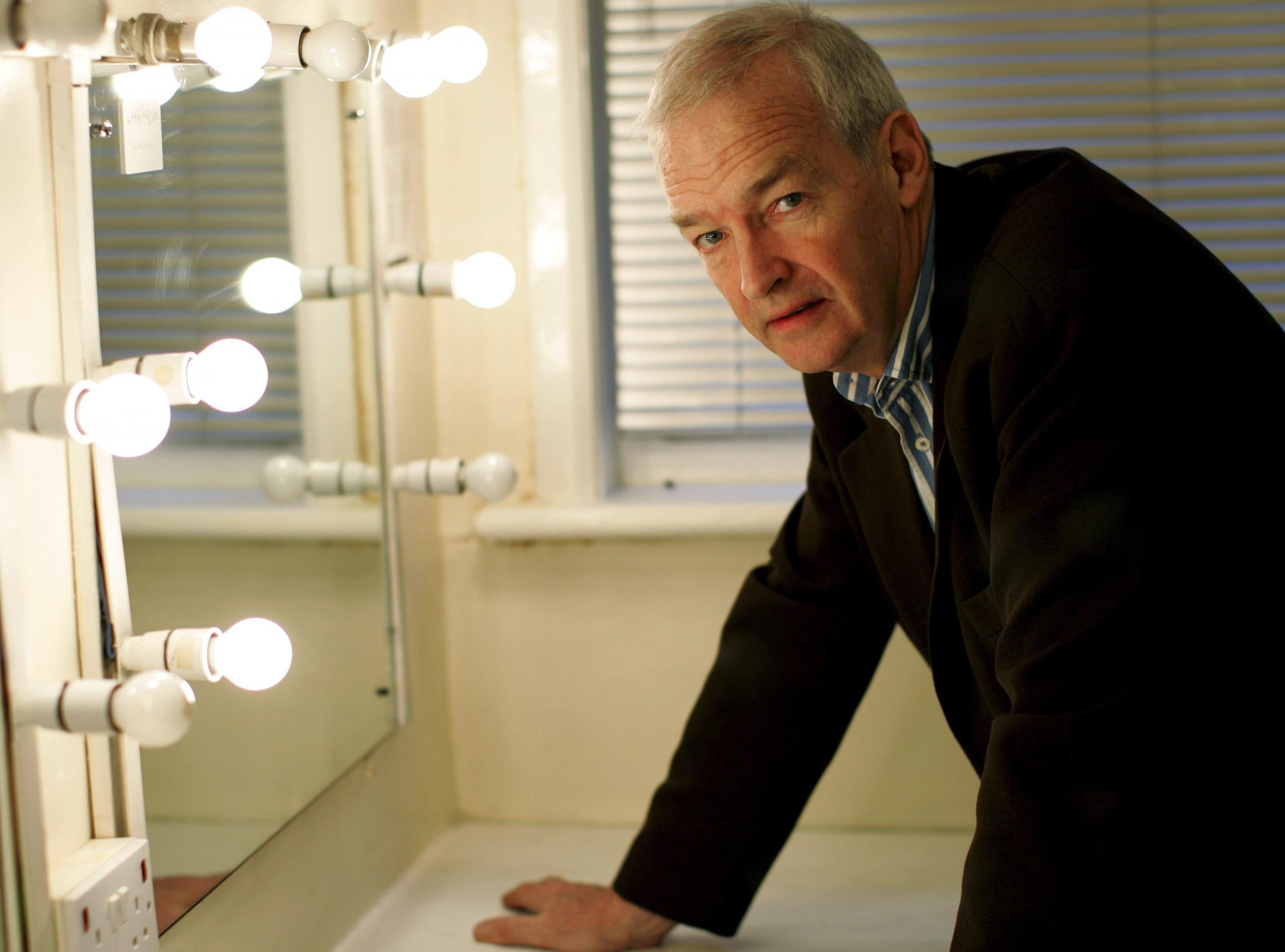Jon Snow: Entry barriers to journalism are about background not merit
'We are too far removed from those who lived their lives in Grenfell and who, across the country, now live on amid the combustible cladding,' says veteran newsreader

Your support helps us to tell the story
From reproductive rights to climate change to Big Tech, The Independent is on the ground when the story is developing. Whether it's investigating the financials of Elon Musk's pro-Trump PAC or producing our latest documentary, 'The A Word', which shines a light on the American women fighting for reproductive rights, we know how important it is to parse out the facts from the messaging.
At such a critical moment in US history, we need reporters on the ground. Your donation allows us to keep sending journalists to speak to both sides of the story.
The Independent is trusted by Americans across the entire political spectrum. And unlike many other quality news outlets, we choose not to lock Americans out of our reporting and analysis with paywalls. We believe quality journalism should be available to everyone, paid for by those who can afford it.
Your support makes all the difference.Jon Snow has argued the media is so firmly aligned with the elite it fails to properly engage with ordinary people's lives and remains immensely disconnected from the issues they face.
The veteran broadcaster, who has presented Channel 4 News for 28 years, said landing a job in the media industry had far more to do with socio-economic class than merit and this was fuelling the gulf between the media and the wider public.
During a keynote speech at the Edinburgh television festival, Snow said covering the inferno at Grenfell Tower which killed more than 80 people made him feel like he was “on the wrong side” of Britain’s social divide.
The 69-year-old said the deadliest blaze to shake the capital since the Second World War proved the media was “comfortably with the elite, with little awareness, contact or connection with those not of the elite” and Grenfell had ultimately shown how dangerous this disconnect can be.
Delivering the annual James MacTaggart lecture on Wednesday, Snow said: “Why didn’t any of us see the Grenfell action blog? Why didn’t we know? Why didn’t we have contact? Why didn’t we enable the residents of Grenfell Tower – and indeed the other hundreds of towers like it around Britain – to find pathways to talk to us and for us to expose their story?”
“In that moment I felt both disconnected and frustrated. I felt on the wrong side of the terrible divide that exists in present-day society and in which we are all in this hall major players. We can accuse the political classes for their failures, and we do. But we are guilty of them ourselves.”
He added: “We are too far removed from those who lived their lives in Grenfell and who, across the country, now live on amid the combustible cladding, the lack of sprinklers, the absence of centralised fire alarms and more, revealed by the Grenfell Tower fire.”
Snow argued the digital media had failed to fill the void triggered by the demise of the local newspaper industry and ultimately failed to connect with “‘the left behind’, the disadvantaged, the excluded”.
He said: “Barriers to entry into journalism, largely on the basis of background rather than merit, are a central cause of our disconnect.”
He added: “We the media report the lack of diversity in other walks of life – but our own record is nothing like good enough. The Sutton Trust has revealed that just under 80 per cent of top editors were educated at private or grammar schools. Compare that with the 88 per cent of the British public now at comprehensives.
“We have to widen both our contact with, and awareness of, those who live outside and beyond our elite. Our elite is narrow and deep, but the throng of those who have borne the brunt of austerity and not shared in the lives we have experienced is wide and even deeper.”
Snow argued that this deficit in diversity meant members of the media were not sufficiently informed about the dangers of the 24-storey west London building.
“The Grenfell story was out there, shocking in its accuracy, hidden in plain sight but we had stopped looking,” he said.
Snow, who declined an OBE because he believes working journalists should not take honours from the people they report on, argued members of the media were too distracted by President Donald Trump and the “political flatulence” of Brexit to focus on the issues surrounding Grenfell.
He said the tragedy had troubled him more than the wars he has reported on, saying: “I do not dream of the wars and pestilence that I have reported - but when it came to Grenfell Tower, I was haunted. I still am.”
The newsreader found himself in the headlines in June when he faced calls to resign after claims that he chanted “F**k the Tories” at Glastonbury Festival before telling revellers he was supposed to be neutral.
Snow joked about the incident in the lecture, saying: “Oh, Glastonbury. Like they say about the 60s, if you remember it, you just weren’t there.”
Join our commenting forum
Join thought-provoking conversations, follow other Independent readers and see their replies
Comments